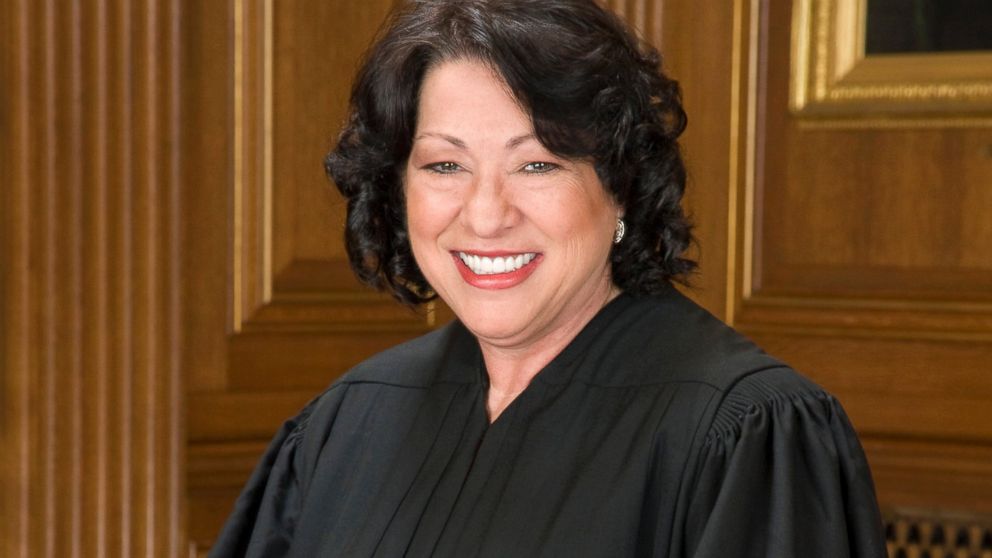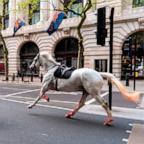SCOTUS Decision on Police Searches Will Affect 'People of Color,' Sotomayor Says
The decision allowed officers to arrest a man on an unrelated warrant.

— -- Supreme Court Justice Sonia Sotomayor tore into a decision in a search and seizure case today, arguing that the move will now excuse illegal police stops under certain circumstances and have a “disproportionate” effect on “people of color.”
“This case allows the police to stop you on the street, demand your identification and check it for outstanding traffic warrants — even if you are doing nothing wrong,” she wrote.
And Sotomayor argued that the “countless people who are routinely targeted by police” are “the canaries in the coal mine whose deaths, civil and literal, warn us that no one can breathe in this atmosphere … Until their voices matter too, our justice system will continue to be anything but.”
In the case, Utah v. Strieff, narcotics detective Douglas Fackrell conducted surveillance on a South Salt Lake City residence based on an anonymous tip about drug activity.
After seeing Edward Strieff leaving the residence, Fackrell detained Strieff at a nearby parking lot and requested his identification.
After running Strieff’s information, the police dispatcher told the officer that Strieff had an outstanding arrest warrant for a traffic violation. The officer then arrested Strieff, searched him and found a bag of methamphetamine and drug paraphernalia.
Strieff sought to suppress the evidence in court, arguing that it was the result of an unlawful stop. When the trial court ruled against him, he conditionally pleaded guilty to reduced charges of attempted possession of a controlled substance and possession of drug paraphernalia but reserved his right to appeal.
Justice Clarence Thomas, writing for a five-justice majority, argued that evidence obtained after an unconstitutional search does not need to be excluded if the officer finds a valid arrest warrant, then finds incriminating evidence in the course of making an arrest pursuant to that warrant.
The court determined that although the initial stop was illegal, the outstanding arrest warrant for Strieff was “a critical intervening circumstance” that was “wholly independent” of the illegal stop.
Sotomayor dissented, joined in part by Justice Ruth Bader Ginsburg, calling out the targeting of people of color for law enforcement scrutiny, citing authors and civil rights advocates James Baldwin, Ta-Nehisi Coates and Michelle Alexander, among others.
“The white defendant in this case shows that anyone’s dignity can be violated in this manner. But it is no secret that people of color are disproportionate victims of this type of scrutiny,” she wrote.
ABC News' Supreme Court contributor Kate Shaw contributed to this story.






